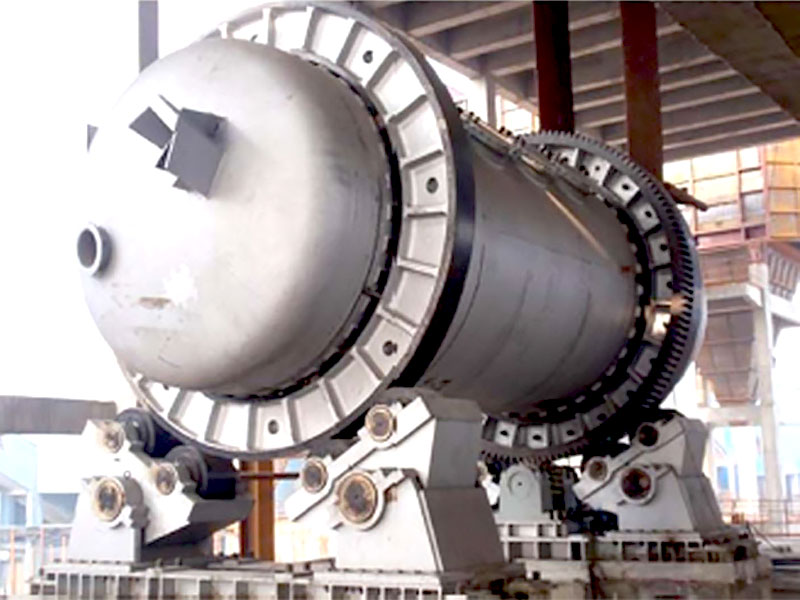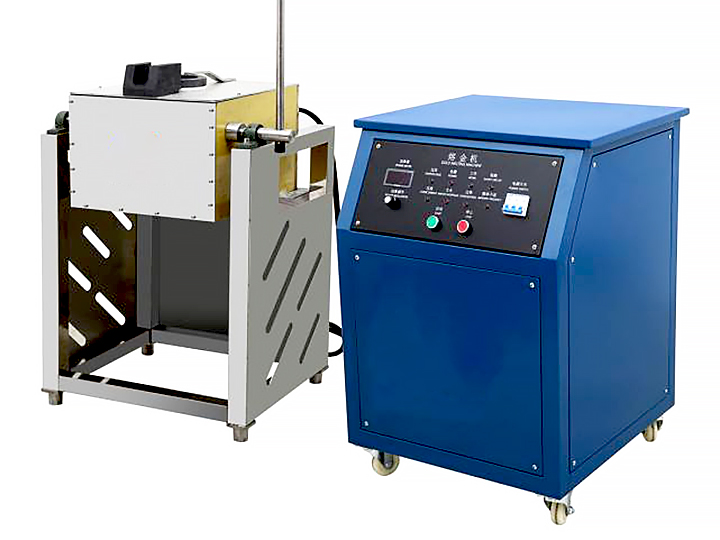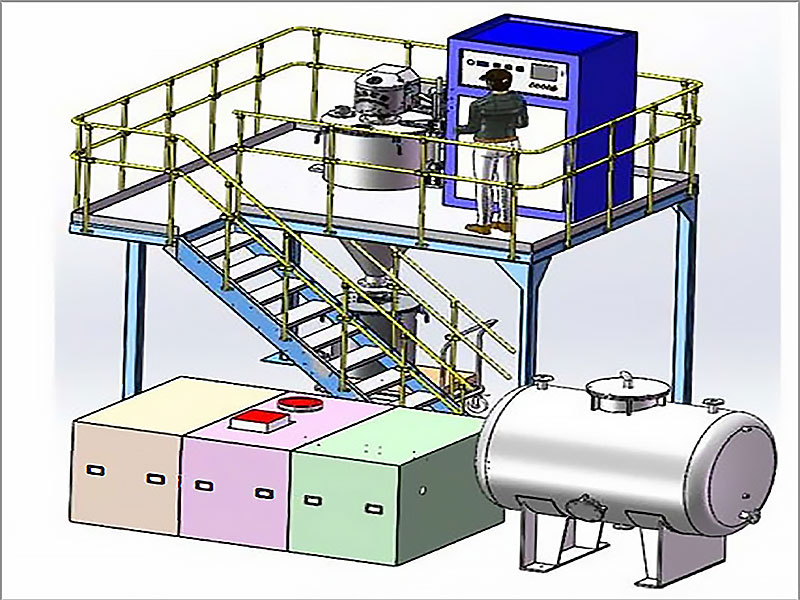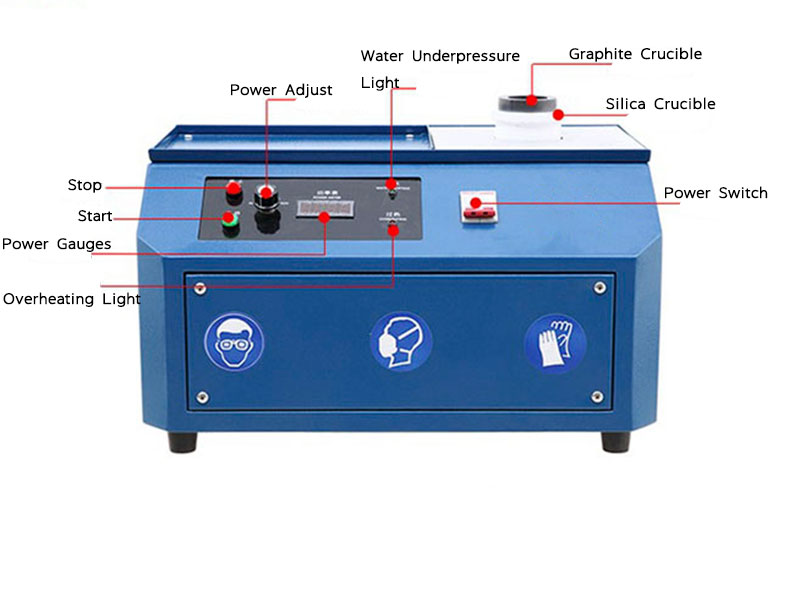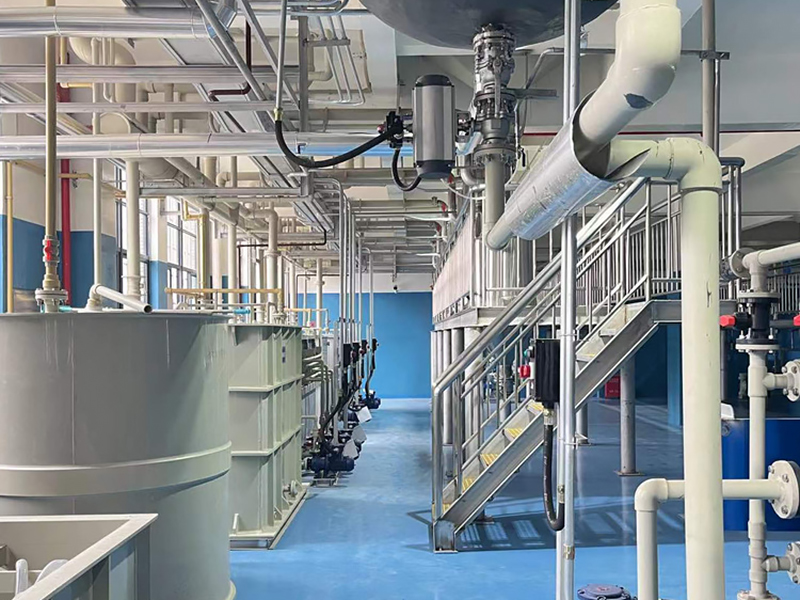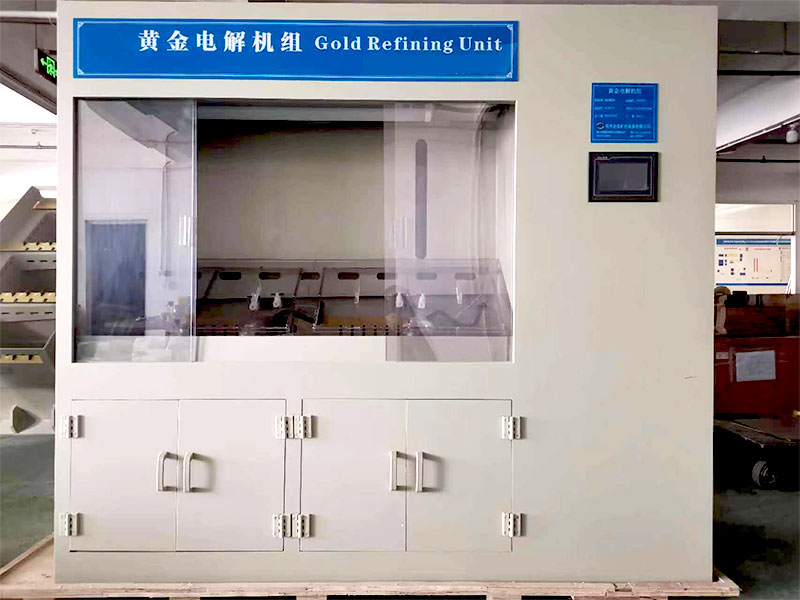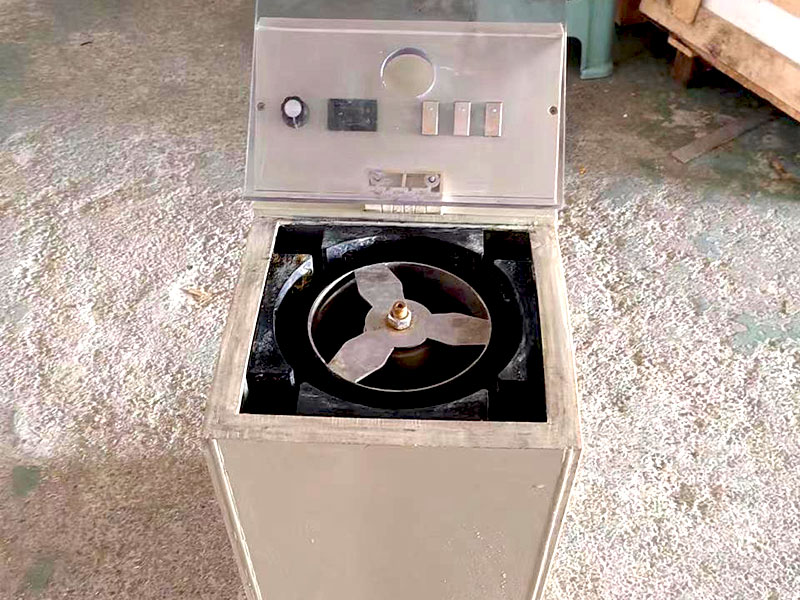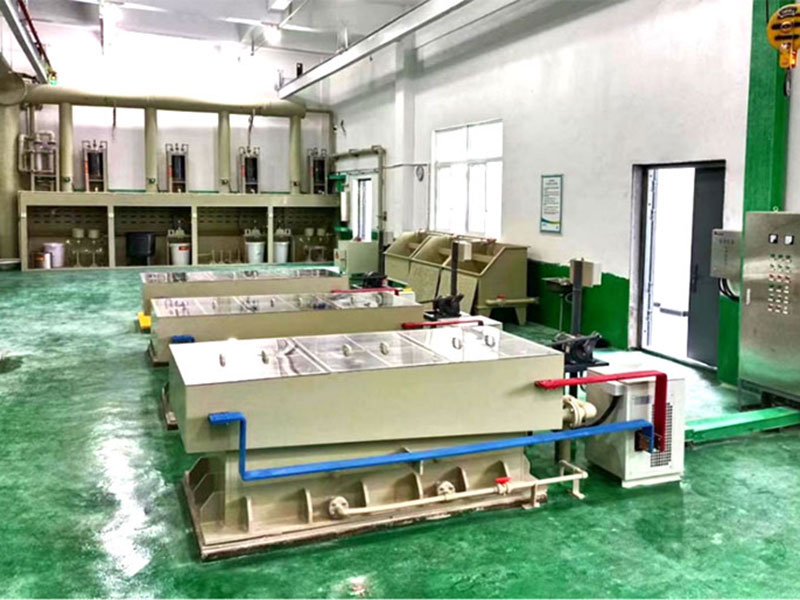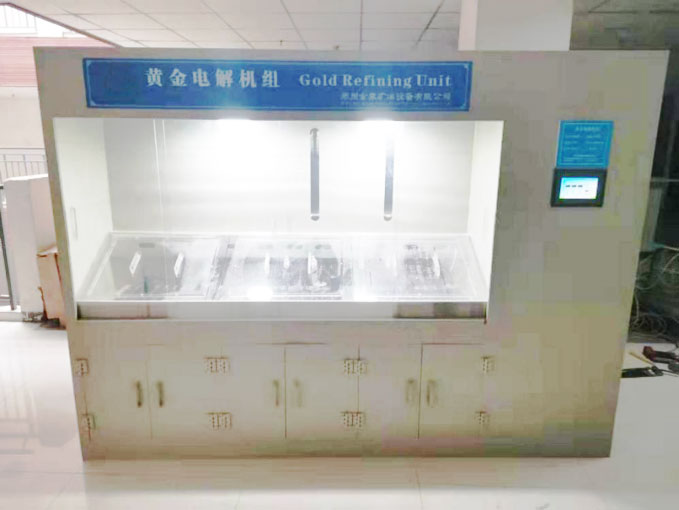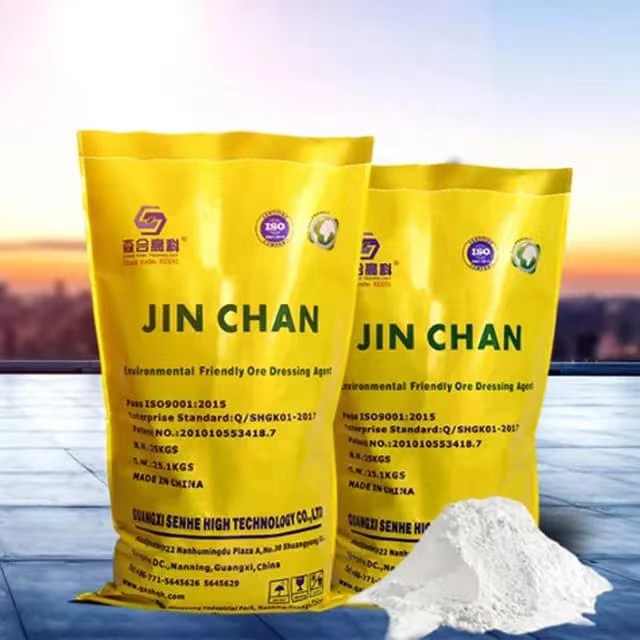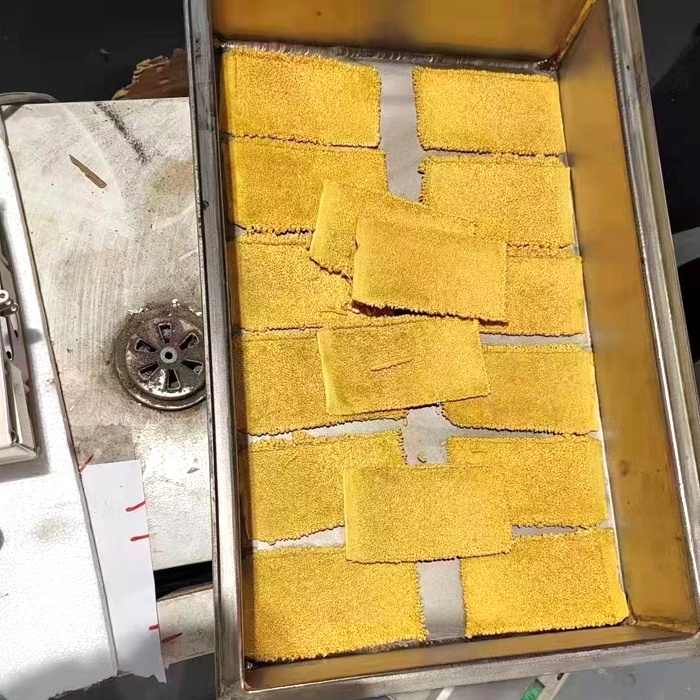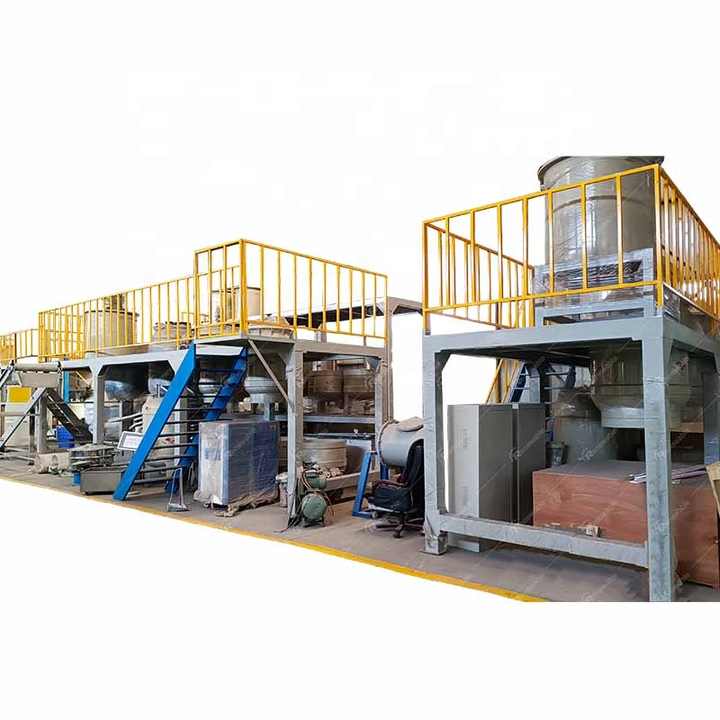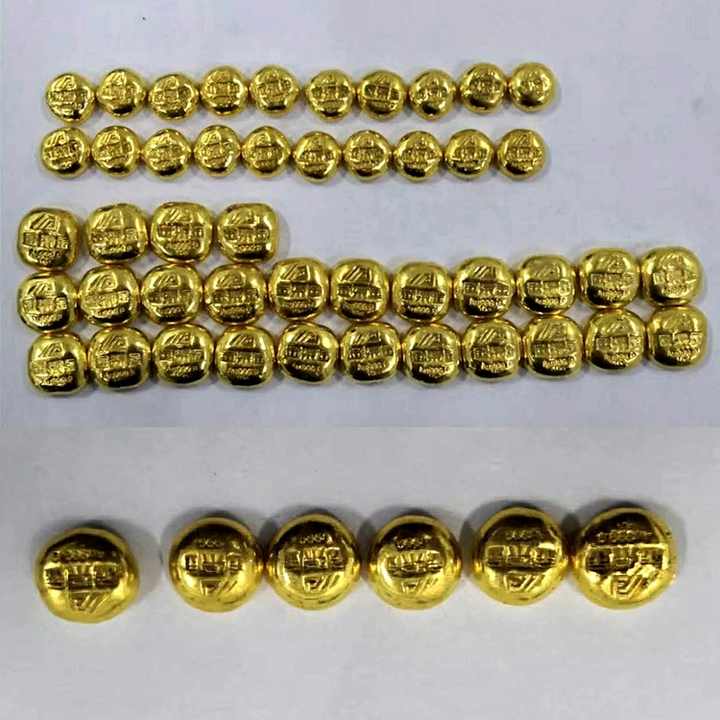gold refining charges
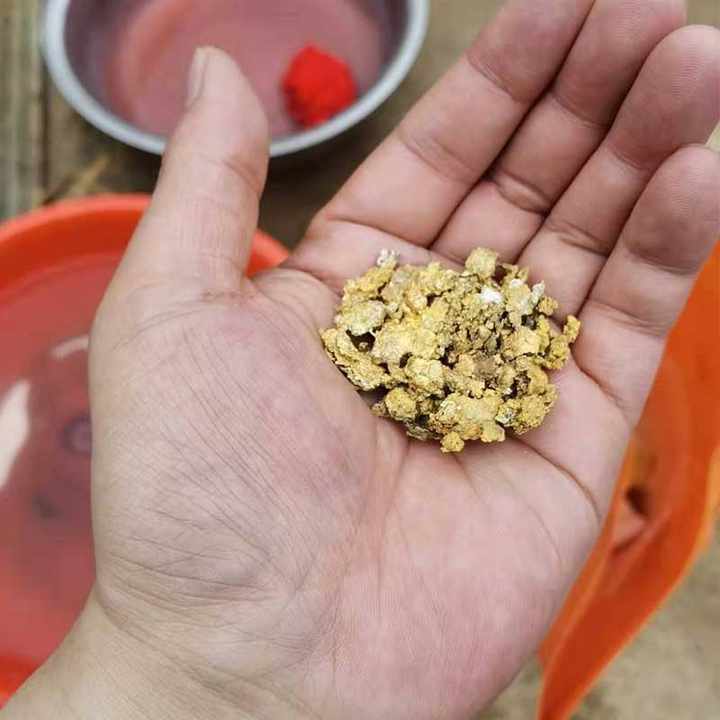
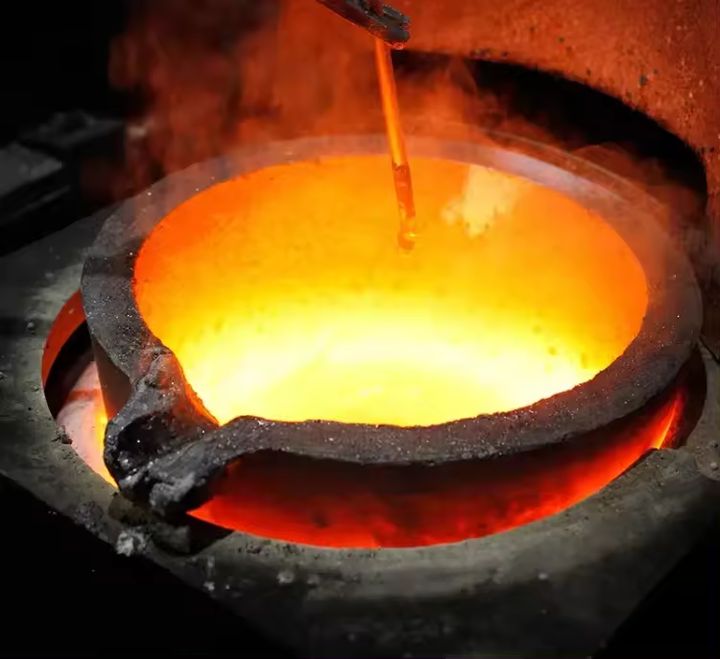
Understanding Gold Refining Charges Costs and Considerations
Gold refining is a specialized service that transforms raw or scrap gold into a highly purified form, ready for various applications such as jewelry making, investment, and industrial use. However, the process of refining gold is not without costs. This article aims to provide an overview of gold refining charges, explaining the factors that influence these costs and what clients can expect when engaging a gold refining service.
Overview of Gold Refining Charges
Gold refining charges refer to the fees charged by refining companies for the process of purifying gold. These charges are typically calculated based on a percentage of the value of the gold being refined or a per-kilogram basis, depending on the company’s policy. Understanding these charges is crucial for anyone planning to refine gold, whether it is for personal or commercial purposes.
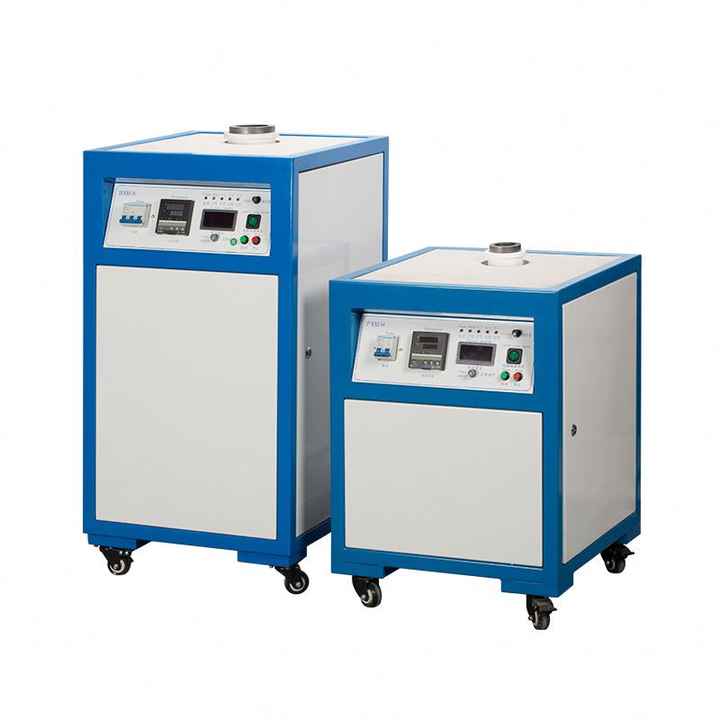
Factors Influencing Gold Refining Charges
1. Purity Level Required
The purity level of the gold after refining can affect the charges. Higher purity levels require more extensive refining processes, which can increase costs. Typically, refining gold to 99.99% purity may incur higher charges compared to refining to lower purity standards.
2. Volume of Gold
The amount of gold being refined can also influence the cost. Larger quantities of gold often benefit from volume discounts, whereas smaller batches may face higher per-unit costs due to the fixed overhead expenses involved in the refining process.
3. Method of Refining
Different refining methods can result in varying costs. For instance, chemical leaching processes might be less expensive than more technologically advanced methods like electrolytic refining, which can offer higher purity levels but at a higher price.
4. Additional Services
If the refining service offers additional services such as assaying (testing the purity of the gold) or recycling of waste materials, these extras can add to the overall cost. It’s important to clarify what services are included in the refining charges and which ones might be billed separately.
Calculating Refining Charges
Refining charges are generally communicated as a percentage of the value of the gold being refined or a fixed rate per kilogram. For example, a refining company might charge 1% of the gold’s value for a standard refining service. If the gold has a spot value of 50,000,therefiningchargewouldbe500.
Alternatively, some refiners might opt for a flat rate per kilogram. This method simplifies the calculation process and makes it easier for clients to estimate costs upfront.
Negotiating Refining Charges
When dealing with gold refining companies, it’s worth negotiating the charges, especially for larger volumes of gold. Establishing a good relationship with a refining service can lead to better rates and more favorable terms over time.
Hidden Costs to Be Aware Of
Be aware of any potential hidden costs that might not be immediately apparent. These can include:
- Assay Fees: Charges for testing the purity and composition of the gold before and after refining.
- Transportation Costs: Fees for shipping the gold to and from the refining facility.
- Storage Fees: Costs associated with storing the gold, particularly if the refining process takes an extended period.
- Insurance: Additional charges for insuring the gold during the refining process.
Choosing a Refining Service
When selecting a gold refining service, consider factors beyond just the refining charges. Reputation, turnaround time, security measures, and customer service are all important aspects to evaluate. Opting for a reputable refining company that offers competitive rates and a proven track record can provide peace of mind and ensure the quality of the refined gold.
Understanding gold refining charges is essential for making informed decisions about refining gold. Factors such as the required purity level, the volume of gold, the refining method, and additional services can all impact the total cost. By being aware of these variables and negotiating effectively, clients can manage costs and achieve the desired purity of gold at a reasonable price. Engaging a reliable refining service with transparent pricing policies can further streamline the process and enhance the overall value of the refining experience.

